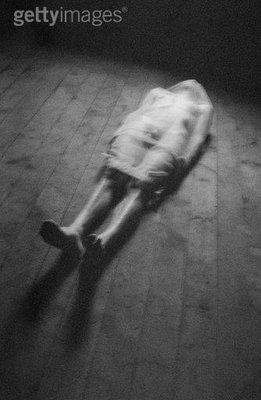
Leaves from eternity are simple things
To the worlds gaze where to a spirit clings
Sublime and lasting – trampled underfoot
The daisy lives and strikes its little root
Into the lap of time – centuries may come
And pass away into the silent tomb
And still the child hid in the womb of time
Shall smile and pluck them when this simple rhyme
Shall be forgotten like a church-yard stone
Or lingering lye unnoticed and alone
When eighteen hundred years our common date
Grows many thousands in their marching state
Aye still the child with pleasure in his eye
Shall cry the daisy a familiar cry
And run to pluck it – in the selfsame state
As when time found it in his infant date
And like a child himself when all was new
Wonder might smile and make him notice too


